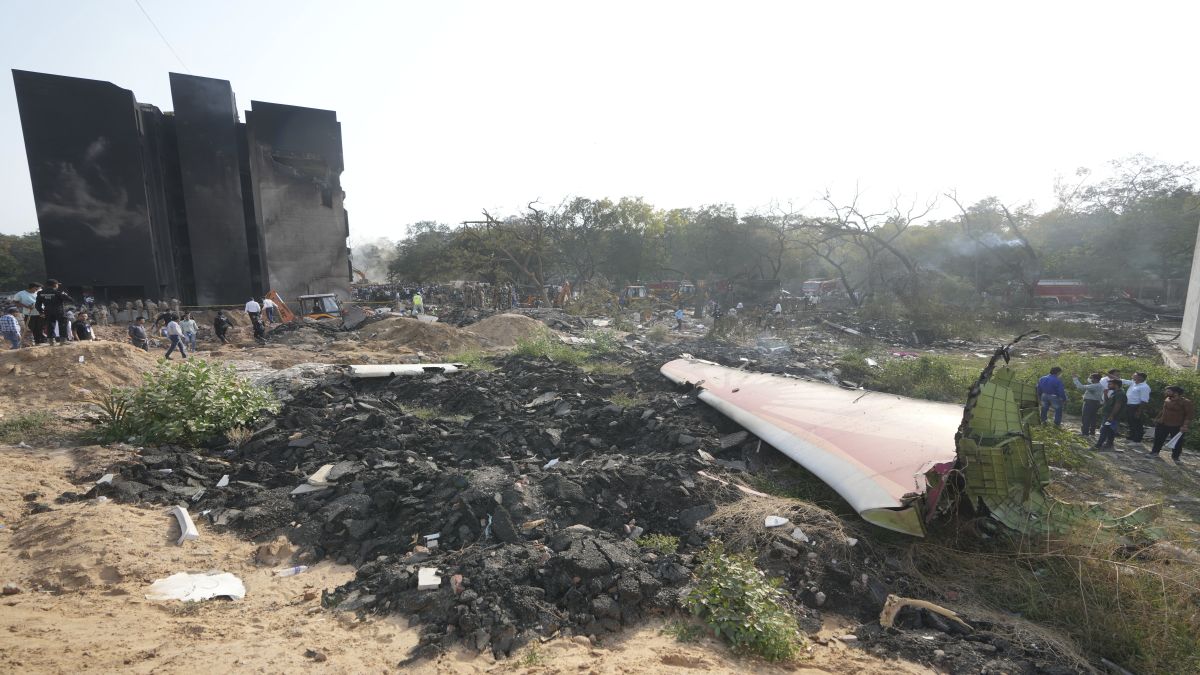

The aftermath of the Air India Flight 171 crash in Ahmedabad on June 12, 2025, which claimed 261 lives, has been further compounded by a distressing error: the misidentification of victims' remains. Several families in the UK who lost loved ones in the tragedy have received the wrong bodies, leading to cancelled funerals and immense grief. This has sparked investigations and demands for accountability from both Indian and British authorities.
How Could This Happen?
In the wake of the crash, the identification process was particularly challenging due to the severity of the impact and fire. Many bodies were charred beyond recognition, making traditional identification methods impossible. As a result, authorities relied heavily on DNA testing conducted at Ahmedabad Civil Hospital to identify the victims.
DNA identification is typically considered the "gold standard" in mass fatality events. Samples are collected from the remains and compared to reference samples provided by family members. However, the process is complex and can be prone to errors, especially when dealing with fragmented or degraded DNA. In this instance, nearly 40 officials from across Gujarat, including teams from the Directorate of Forensic Science (DFS) and the National Forensic Sciences University (NFSU), worked to match DNA samples.
Several factors might have contributed to the misidentification:
The Aftermath and Investigations
The misidentification came to light when Dr. Fiona Wilcox, the senior coroner for Inner West London, sought to verify the identities of the repatriated Britons by matching their DNA with samples provided by the families. This revealed discrepancies, with some families receiving remains that did not match their loved ones. In one case, a family had to abandon funeral plans after being told that the coffin contained a different, unidentified body.
The UK government has launched an investigation into the matter, and families are seeking intervention from Prime Minister Keir Starmer. Lawyers representing the families are demanding answers and accountability from both Indian and British authorities regarding the flawed identification and repatriation process. India's Ministry of External Affairs (MEA) has stated that it is working with the UK to address any concerns and that established protocols were followed in the identification process. However, they have assured that all mortal remains were handled with utmost professionalism and with due regard for the dignity of the deceased.
Moving Forward
This incident raises serious questions about the procedures and protocols in place for identifying and repatriating victims of mass disasters. It highlights the need for:
The priority now is to ensure that the families receive accurate information and the correct remains of their loved ones, allowing them to find closure and begin the grieving process. The incident serves as a stark reminder of the importance of accuracy, transparency, and compassion in handling the remains of victims in mass fatality events.